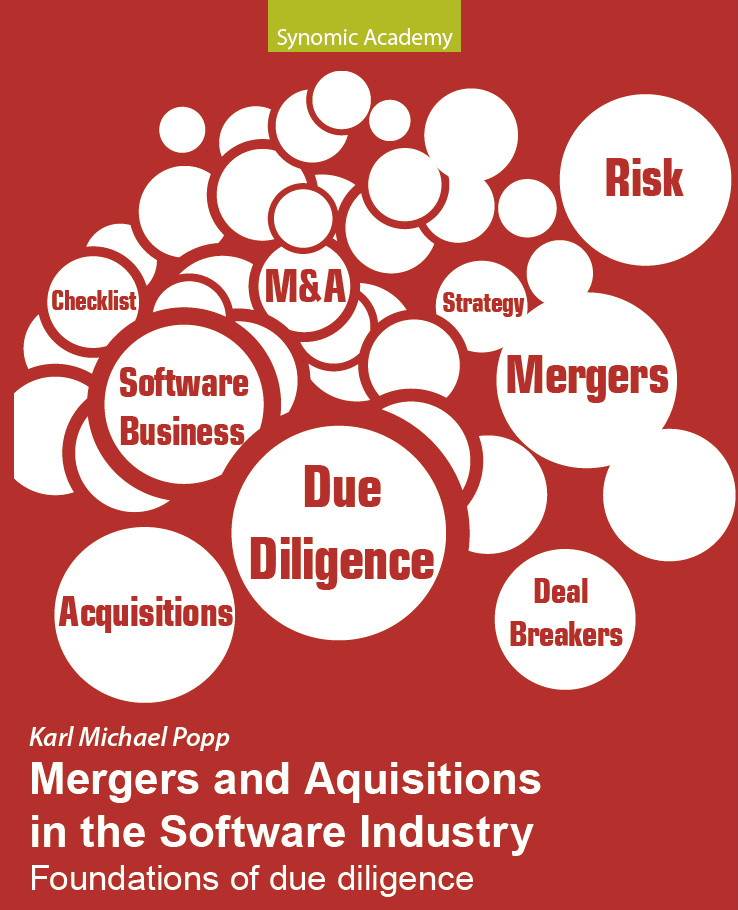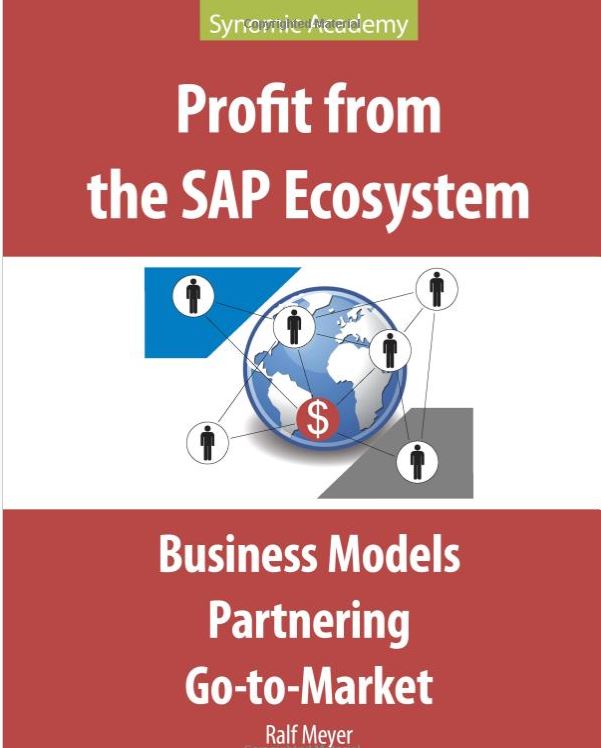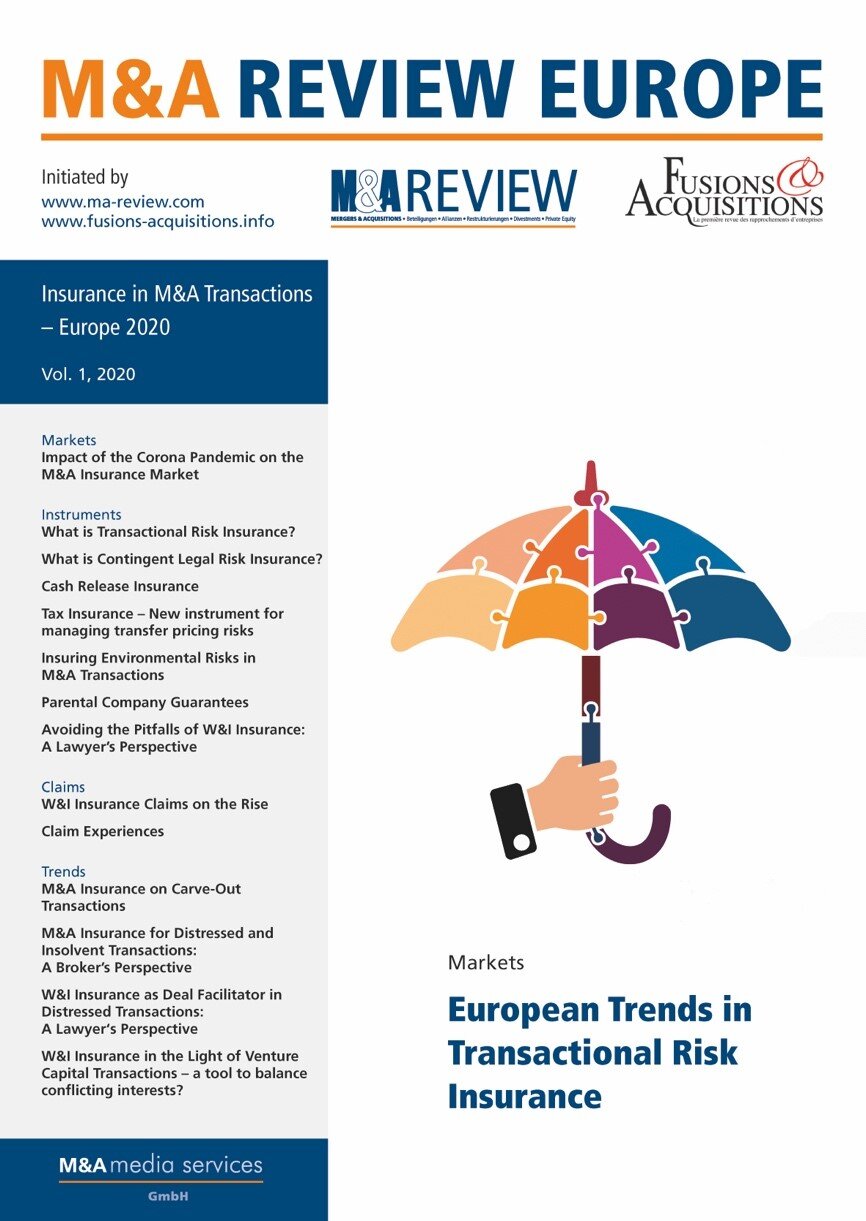Academic sources on bias during target search in mergers and acquisitions
This blog is in the Top 25 M&A blogs worldwide according to Feedspot
Many mergers fail. So, we must make sure to avoid failure. One potential cause of failure of mergers certainly are biases that are occuring when executing tasks within the M&A process. Let us have a look what academia says about this topic for the task “Finding potential targets“.
Biases from literature
Availability bias [BaDa24]: The availability bias describes our tendency to use information that comes to mind quickly and easily when making decisions about the future. This limits the view and might lead to omission of promising target companies.
Distance bias [BaDa24]: This is the tendency to favor people,information,artifacts who are closer to us in time and space. Often, companies that are known to the buyer are preferred, which might lead to suboptimal outcomes.
Overconfidence effect [Dais19]: Tendency to overly trust one's own capability to make correct decisions. People tend to overrate their abilities and skills as decision makers. Overconfidence can lead to disastrous outcomes.
Winner's curse [Dais19]: "The phenomenon known as the Winner's curse can manifest in auctions with common values, where bidders share a similar post-auction value for an item but possess varying pre-auction private signals regarding this value. The victorious bidder is typically the one with the most optimistic assessment of the asset, leading to a tendency to overestimate its worth and consequently pay more than necessary.
Endowment effect [Dais19]:the phenomenon known as the endowment effect, or divestiture aversion, shows that individuals tend to prefer keeping possession of an item they already own rather than obtaining the same item if they do not currently own it.
Hindsight bias [Dais19]:Tendency to view past events as being predictable. Especially in experienced acquirers this can be a problem. Statements like “We have done this before, we can manage any acquisition“ does not represent a realistic view on the complexity and inpredictability of acquisitions.
Confirmation bias [EvZa12]:Tendency to search for or interpret information in a way that confirms one''s preconceptions, and discredit information that does not support the initial opinion. This is related to the concept of cognitive dissonance, in that individuals may reduce inconsistency by searching for information which reconfirms their views.
So, during one of the first tasks of the M&A process, many potential biases are present, which can lead to suboptimal outcomes of target search. The first step to avoid these is to be aware of these biases. The second step is to always check if assumptions, statements, beliefs are realistic.
Like my thoughts? READ MY NEW BOOK
ORDER AT AMAZON
ORDER IN GERMANY
Literature
[BaDa24] Bauer, F., Dao, M.A., Target Screening: a key strategic success factor for acquisitions. In: King, D.R., Meglio, O., A research agenda for mergers and acquisitions, Edward Elgar Publishing, Cheltenham, 2024, pp. 41-64
[Dais19] Daisuke, A., Behavioral analysis of mergers and acquisitions decisions. Corporate Board: role, duties and composition, 2019. doi: 10.22495/CBV15I3ART1
[EvZa12] Evaristo, J.R., Zaheer, S., Reducing Cognitive Bias in Assessing Combination Potential in M&As. Advances in Mergers and Acquisitions, vol.11, 2012, pp. 123-137. doi: 10.1108/S1479-361X(2012)0000011009
[Gar+10] Garbuio, M., Lovallo, D., Horn, J., Overcoming biases in M&A: A process perspective. 2010. doi: 10.1108/S1479-361X(2010)0000009007
[Kroo23] Kroon, D.P., Falling Prey to Bias? The Influence of Advisors on the Manifestation of Cognitive Biases in the Pre-M&A Phase of Organizations. Group & Organization Management, 2023. doi: 10.1177/10596011231171455









